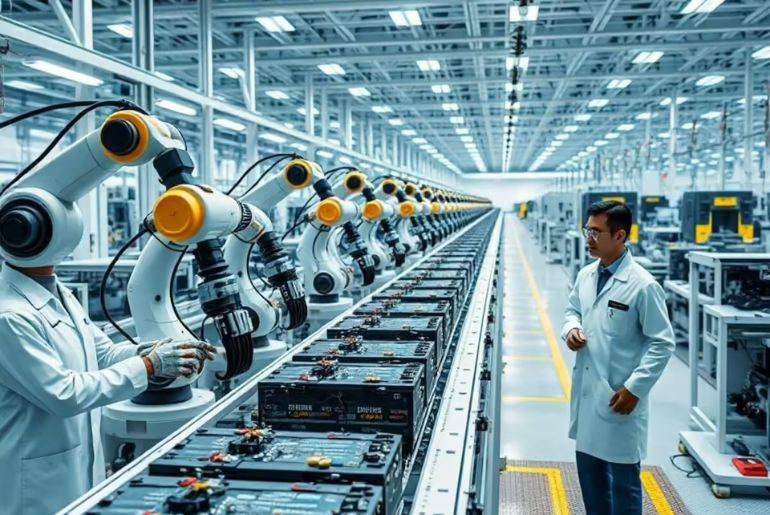Hyundai Motor Company and Kia Corporation have announced a strategic collaboration with South Korea’s top battery manufacturers to improve electric vehicle (EV) safety, addressing one of the most critical concerns in the fast-growing EV market.
As EV adoption accelerates worldwide, battery safety has become a focal point for consumers, regulators, and automakers alike. Incidents of overheating and rare fire-related accidents have raised questions about reliability, even as the technology matures. Hyundai and Kia aim to tackle these challenges head-on by developing advanced safety features and next-generation battery technologies.
The partnership focuses on:
-
Thermal Management: Preventing overheating through better cooling and heat dissipation systems.
-
Early Fault Detection: Integrating smart sensors and AI-powered monitoring to detect risks before they become critical.
-
Durability & Longevity: Ensuring batteries maintain performance under diverse driving and climate conditions.
-
Global Safety Compliance: Meeting stricter international regulations on EV safety and sustainability.
Global Context: A Competitive Push for Safer EVs
Hyundai and Kia’s move aligns with a broader global trend. Tesla has been working on innovations like its 4680 cells, designed for greater efficiency and thermal control. Chinese automaker BYD is pushing its Blade Battery, which emphasises fire resistance and a longer lifecycle. In Europe, companies like Volkswagen and Mercedes-Benz are investing heavily in solid-state batteries, touted as a safer and more energy-dense alternative to current lithium-ion cells.
By partnering with leading South Korean battery makers, Hyundai and Kia are not just securing safer EV platforms for their future models but also positioning South Korea as a global hub for EV safety innovation.
Industry experts say that these collaborations could help standardise higher safety norms globally, ultimately boosting consumer trust in EVs and accelerating the transition from combustion engines to electric mobility.
With this move, Hyundai and Kia underline their commitment to creating vehicles that combine performance, sustainability, and above all, safety—an essential step in shaping the future of electric mobility worldwide.

